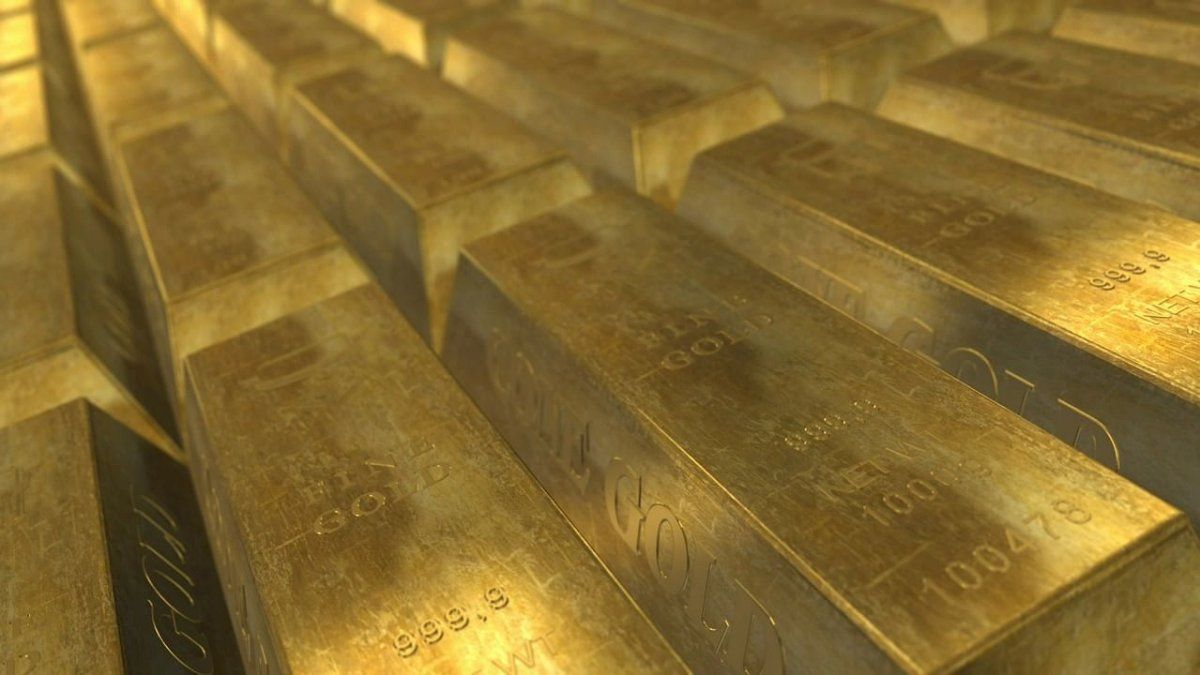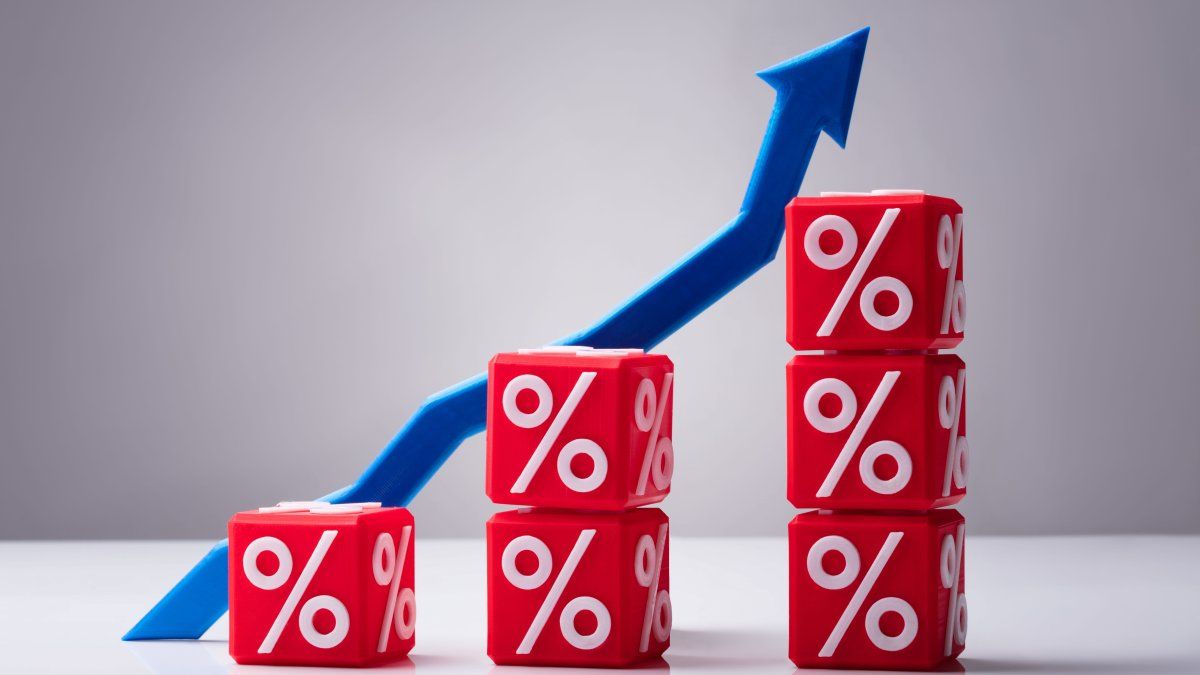It should be noted that this is not the first time that the current leadership of the BCRA has carried out this type of operation. It had already done so at the advent of the global pandemic, on that occasion with 5 tons. While at the time Alberto Fernández took office, the last tons “sold” were “repurchased” in January 2020 by the management of Cambiemos under the presidency of Guido Sandleris. In other words, more than 21 months have passed since the last operation carried out with gold under the leadership of Pesce.
In the international ranking, Argentina thus maintains the 47th position, from the inheritance of the government of Néstor Kirchner and the management of Alfonso Prat Gay in the BCRA. It is that after the collapse of convertibility, the BCRA liquidated the reserves in gold, and only in 2004 it was decided to diversify the accumulated reserves that barely had 0.3 tons of gold and 54.8 tons were bought. Then there was another strong buy in 2011 of 7 tons reaching 61.7 tons. In the region, Venezuela is the one with the largest stock of gold reserves, about 161.2 tons (27th) – something that should be taken with tweezers because the last official data dates from 2018 -, followed by Brazil with 129.7 tons (30th), who has been buying strongly throughout the pandemic, and Mexico with 119.9 tons (33rd), surpassing Argentina. Of course, for Brazil they represent 2.2% of the total reserves while for Argentina 10.2% (while for Venezuela 83.7%). Bolivia follows with 42.5 tons (56.4 % of total reserves), Peru with 34.7 tons (3% of the total), Ecuador with 21.9 tons (17.9%) and Paraguay 8.2 tons (5.3%).
It is opportune to make a little history on the subject. During the management of Cambiemos, the BCRA under the presidency of Federico Sturzenegger, used part of the gold reserves to carry out financial operations in order to get some extra return on bullion and certificates. That is how swap operations were carried out, the first in October 2016 designed by the head of the desk, Agustín Collazo, and the vice president Demian Reidel.
As it is a “swap”, that is, simultaneous trading operations, the stock does not account for the change. Several transactions were carried out even until the end of Macri’s mandate. In general, the bets focused on the “carry trade” in international markets. These operations consist of taking debt in a currency with a low interest rate to place said funds in another currency that offers higher yields. Then the asset is sold to pay off the debt and the rate differential is in favor. In the case of operations with gold, a sale is made in the spot market and simultaneously the future repurchase of the equivalent position. With the liquidity obtained, placements in an asset that offers a higher interest rate are decided.
Source: Ambito
David William is a talented author who has made a name for himself in the world of writing. He is a professional author who writes on a wide range of topics, from general interest to opinion news. David is currently working as a writer at 24 hours worlds where he brings his unique perspective and in-depth research to his articles, making them both informative and engaging.




